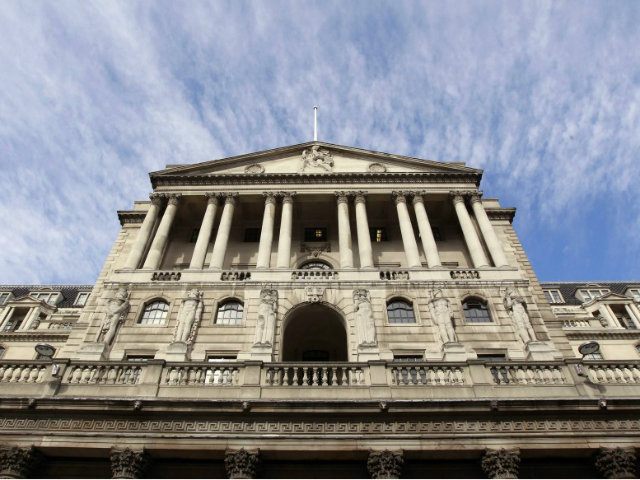A secretary at the Bank of England (BoE) has exposed its secret taskforce investigating the economic risks of a UK exit from the European Union working under the name ‘Project Bookend’. The BoE’s cover appeared to be blown when a confidential email about the project, including details of how it was to be kept secret from the media and even the BoE’s own employees, was sent to The Guardian.
There is speculation that rather than the self-confessed error it seems to be, the revelation may in fact have been a strategic leak intended to buttress efforts to avoid Brexit. However, BBC business correspondent Joe Lynam said he has seen no evidence of this.
The email was sent by Sir Jon Cunliffe’s secretary, he is Deputy Governor and a board member at the Prudential Regulatory Authority. Apparently intended for four senior executives at the Bank – Iain de Weymarn, Governor Mark Carney’s private secretary; Nicola Anderson, head of risk assessment in the financial stability department; Phil Evans, director of the international division; and Jenny Scott, executive director communications, it was also sent to an editor at The Guardian.
The email said that, similar to Fight Club, the first rule of Project Bookend is that nobody talks about Project Bookend. It is not to be mentioned to anyone outside the team.
If pushed, those on the taskforce could call it “a short-term project on European economics in International [division] which will last a couple of months. This will be in-depth work on a broad range of European economic issues.”
The email also sets out the recommended answer to be given to news reporters asking about the project, they were to be told: “that there is a lot going on in Europe in the next couple of months – pointing to some of the specific European economic issues (eg: Greece) that would be of concern to the Bank.”
In a statement, the BoE said:
“Today, information related to planned confidential Bank work on the potential implications of a renegotiation and national referendum on the UK’s membership of the European Union made its way into the public domain, due to an internal email sent inadvertently to an external party.
“It should not come as a surprise that the Bank is undertaking such work about a stated government policy. There are a range of economic and financial issues that arise in the context of the renegotiation and national referendum. It is one of the Bank’s responsibilities to assess those that relate to its objectives.
“It is not sensible to talk about this work publicly, in advance. But as with work done prior to the Scottish referendum, we will disclose the details of such work at the appropriate time.
“While it is unfortunate that this information has entered the public domain in this way, the Bank will maintain this approach.”
There is doubt that the BoE will be able to maintain this position as there are mounting demands for clarity around the project. Speaking on BBC Radio 4’s Today programme, Shadow Chancellor Chris Leslie said:
“I don’t think it’s unreasonable to have an assessment of the consequences for jobs, trade and living standards, but why on earth so much secrecy and concealment? I can’t really see why there should be so many hidden agendas here, I think we have got to have an open and transparent and frank debate, not facts hidden from public view.”
Speaking on the same programme Mark Taylor, a former IMF economist and researcher at the BoE, said the project would have been kept secret to avoid the bank being dragged into the upcoming referendum debate and potentially influencing the Prime Minister’s renegotiations on the terms of EU membership.
That intention has now been thwarted, it remains to be seen to whose advantage.

COMMENTS
Please let us know if you're having issues with commenting.